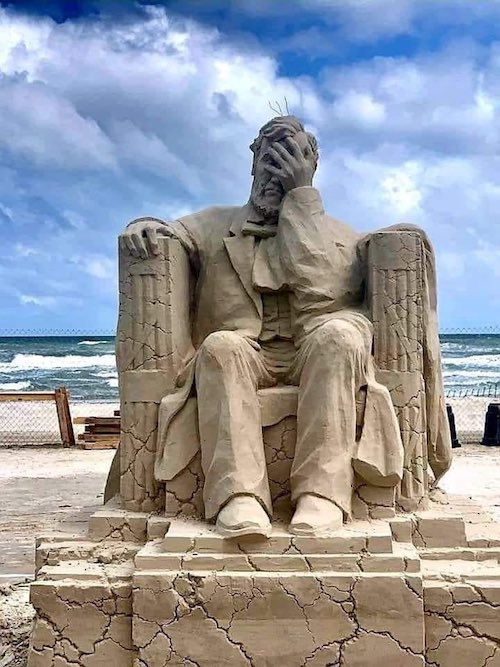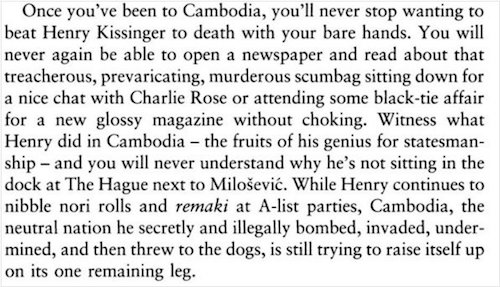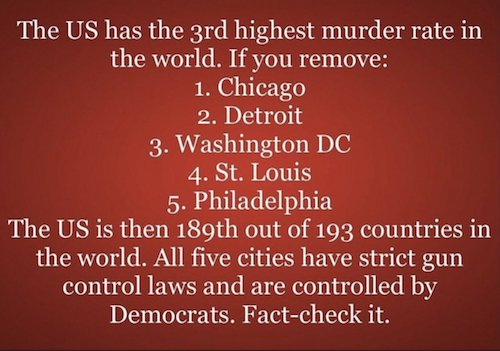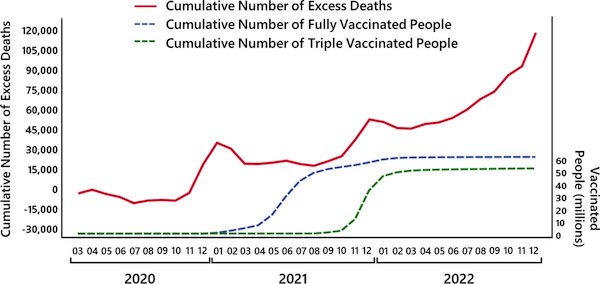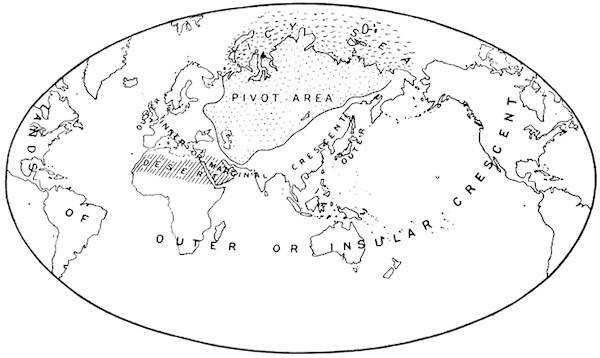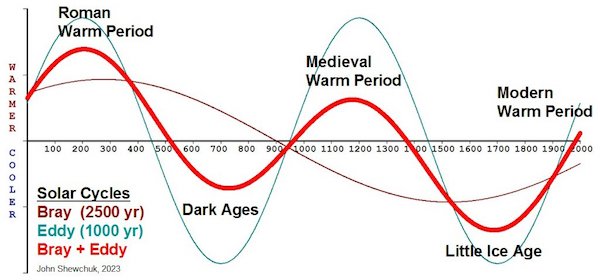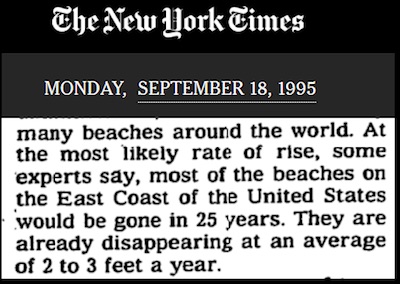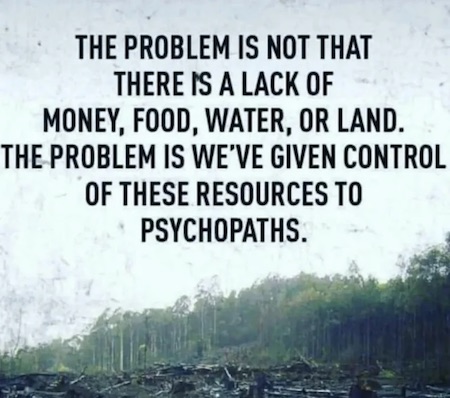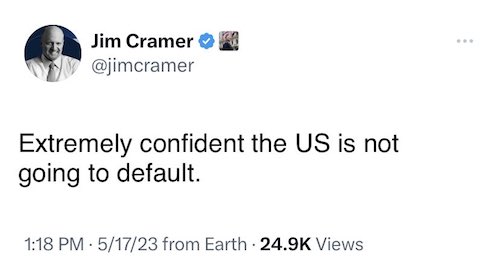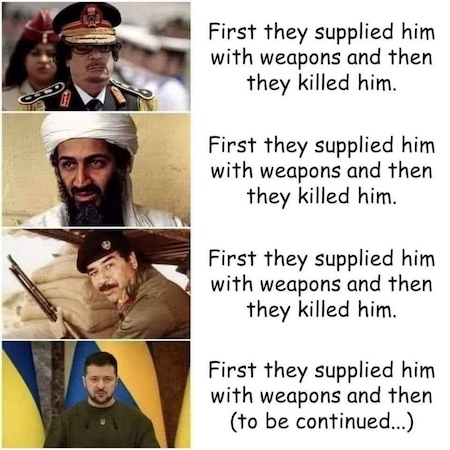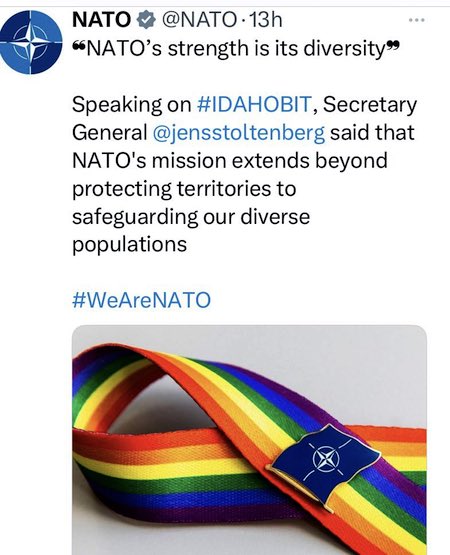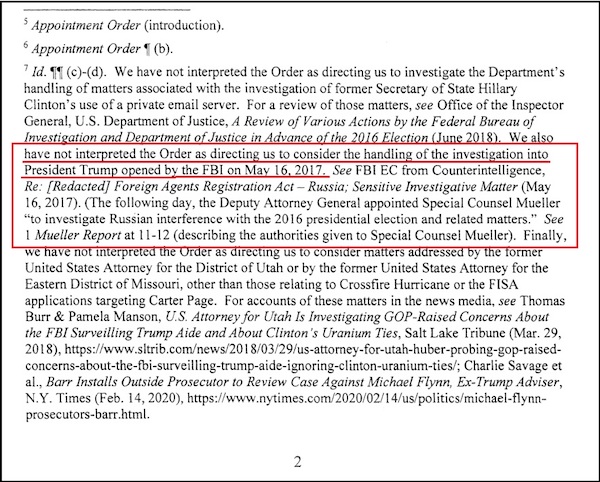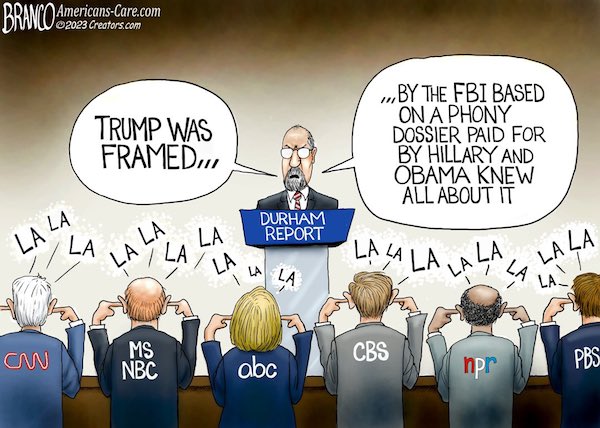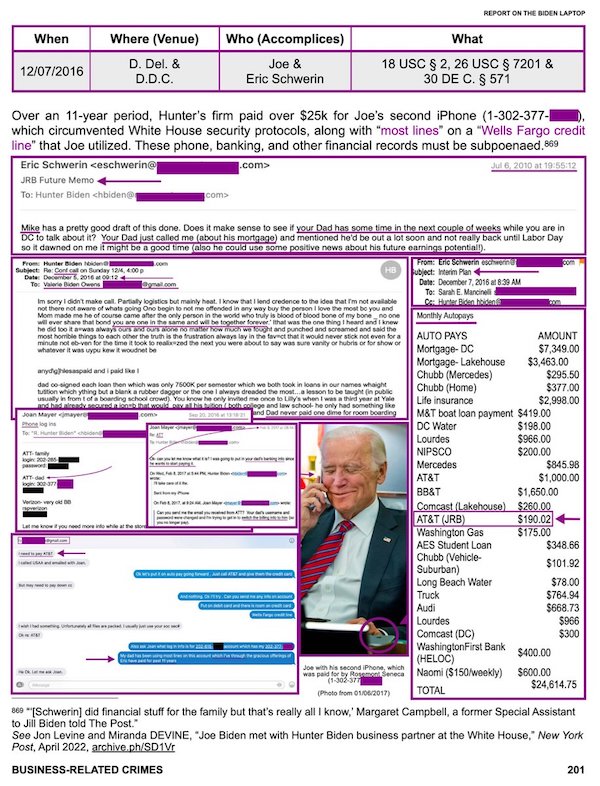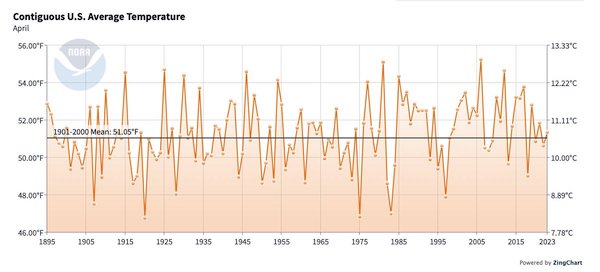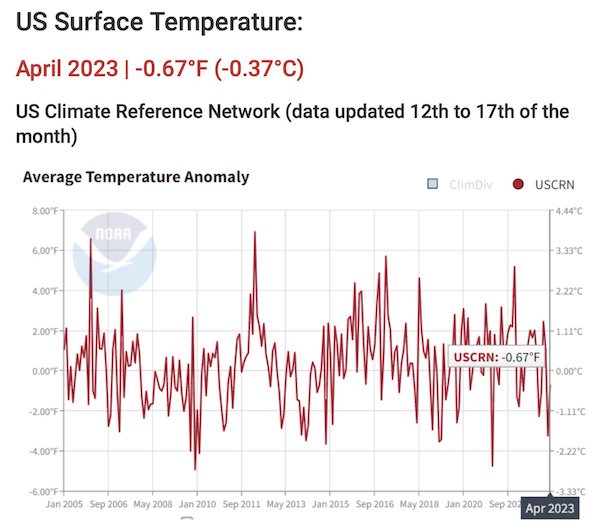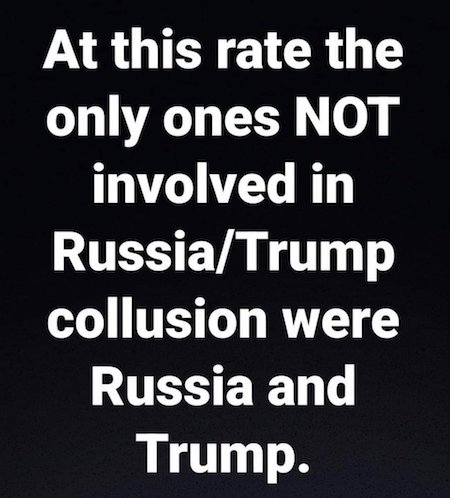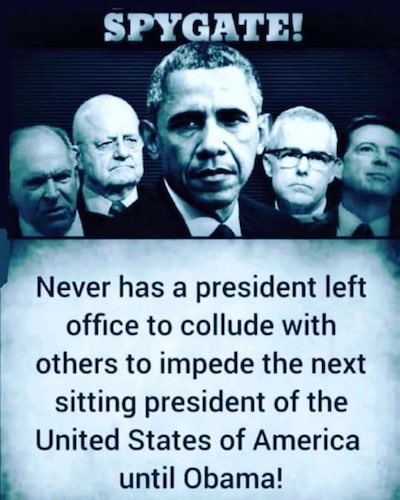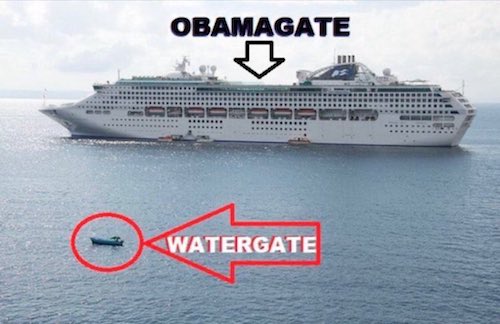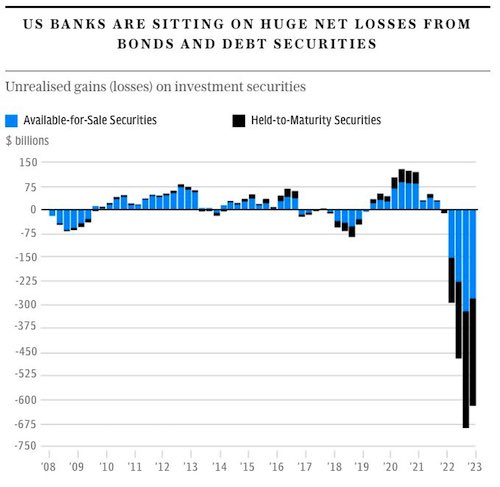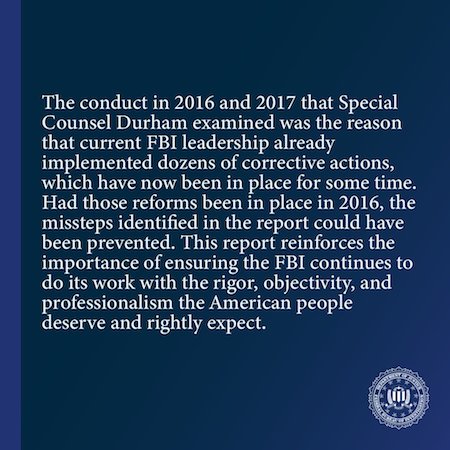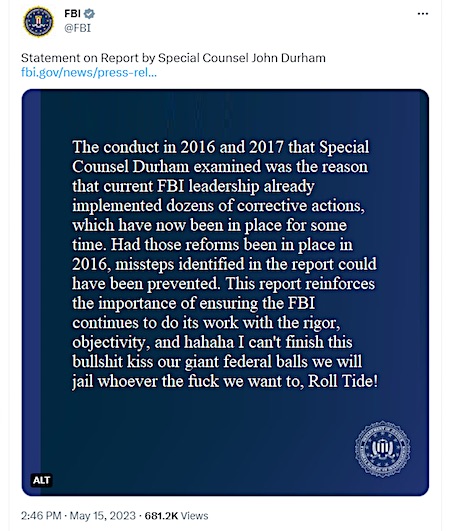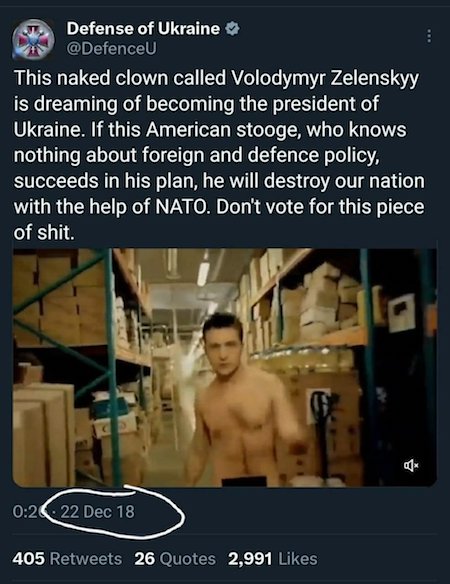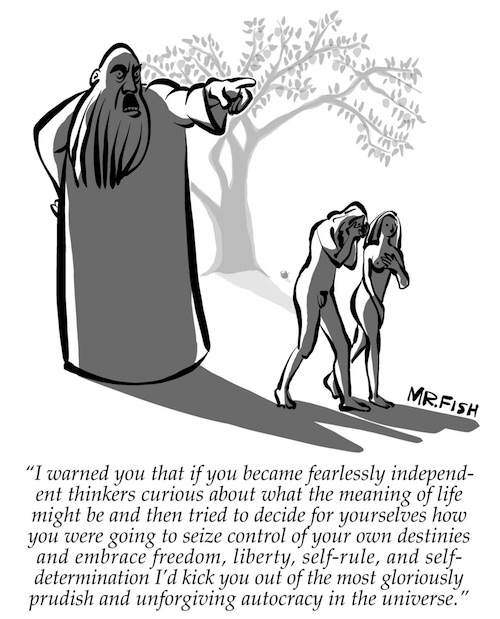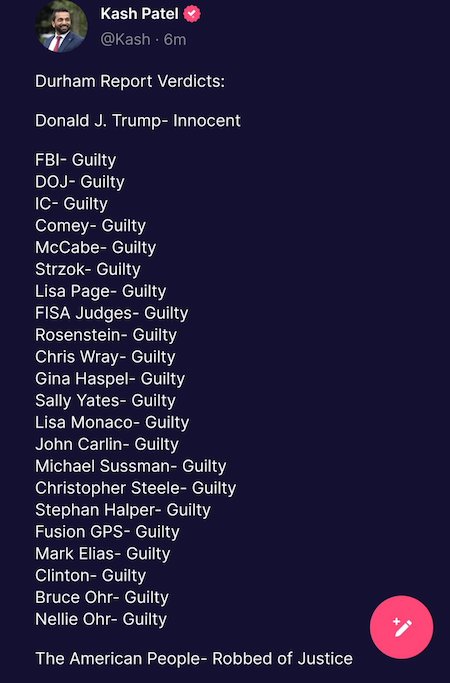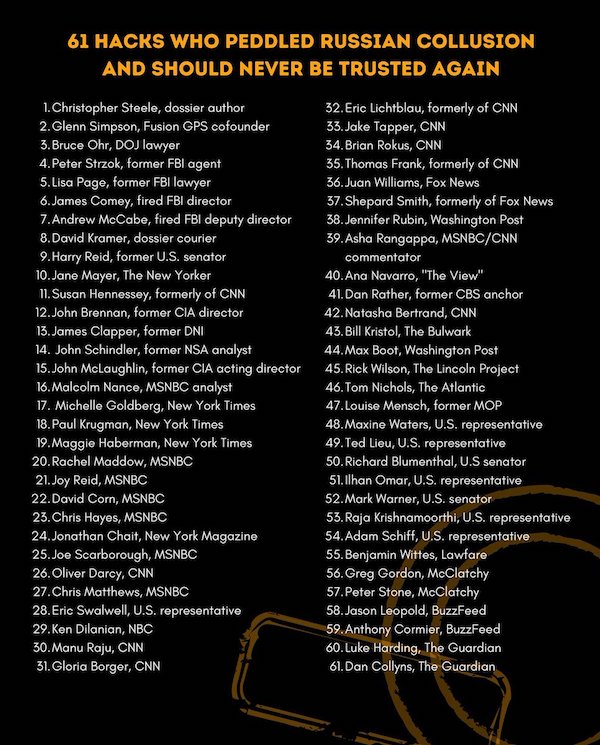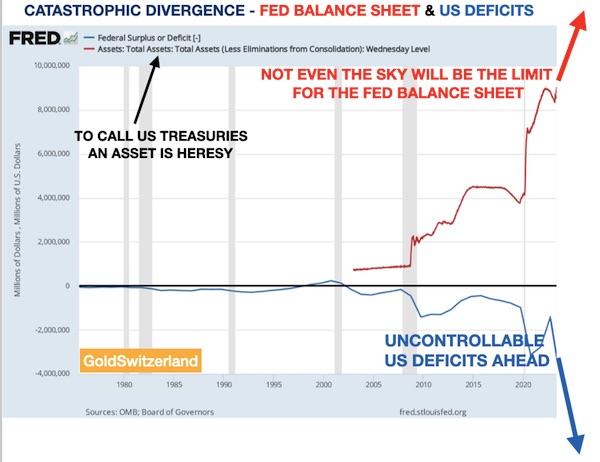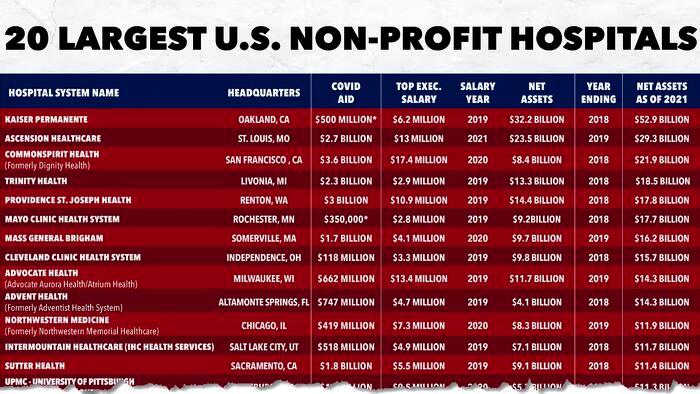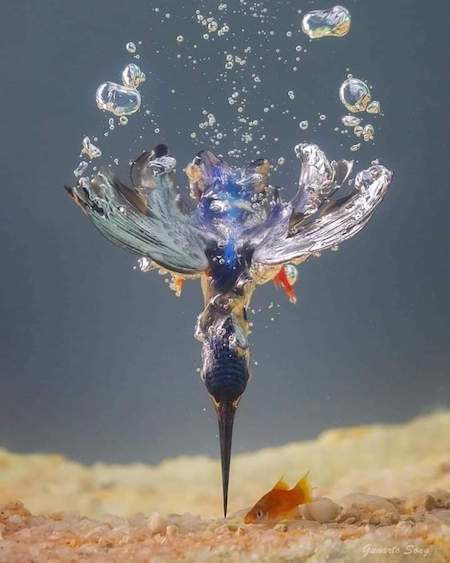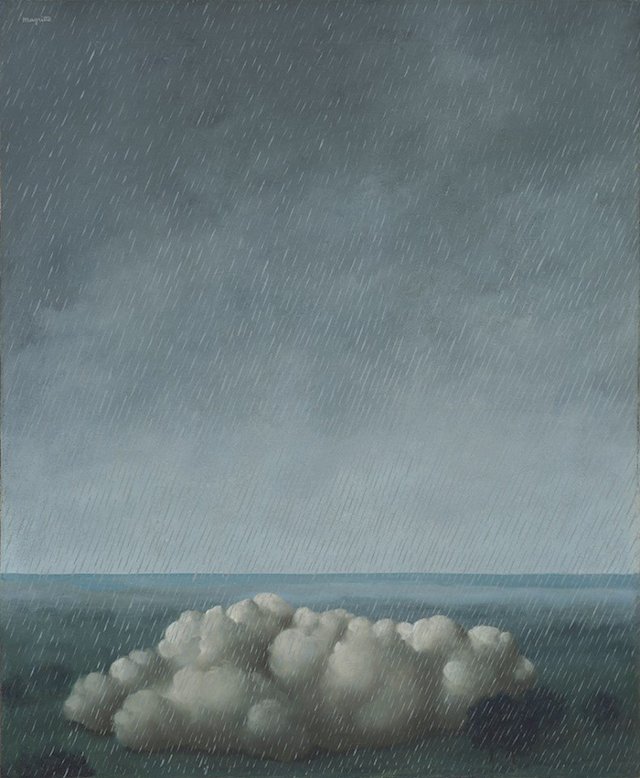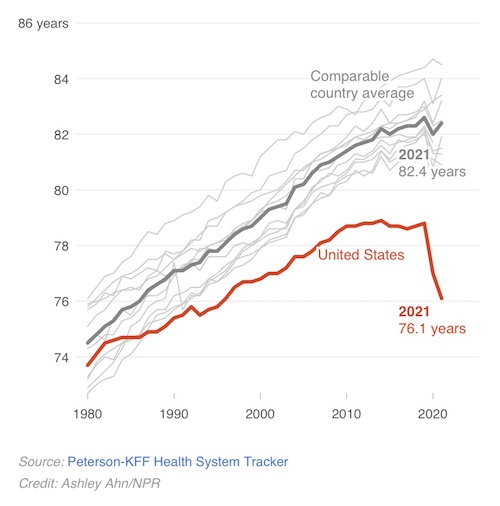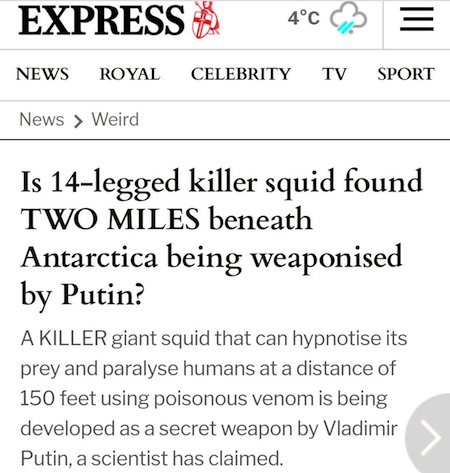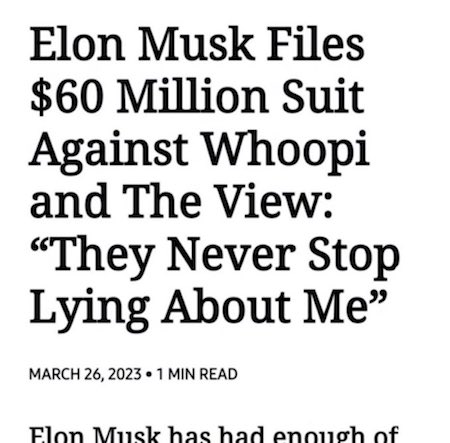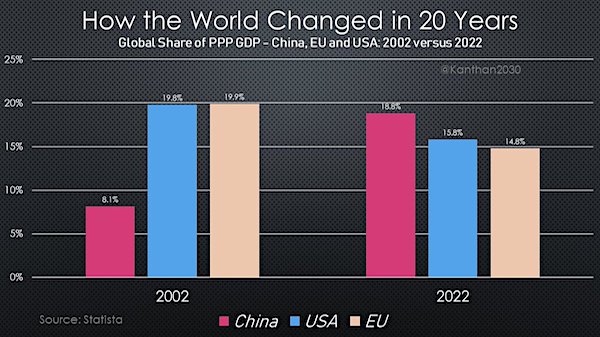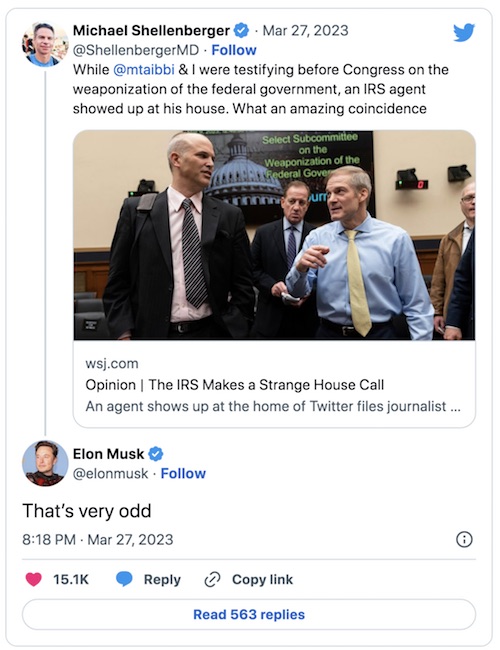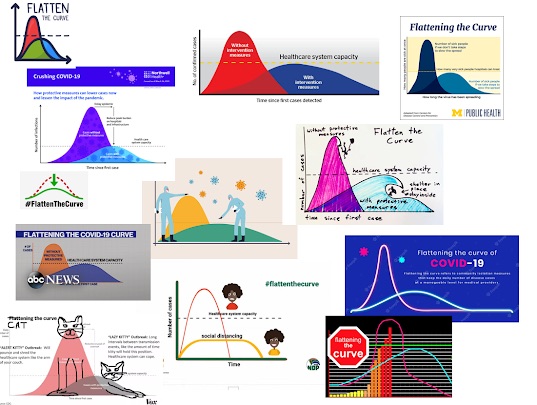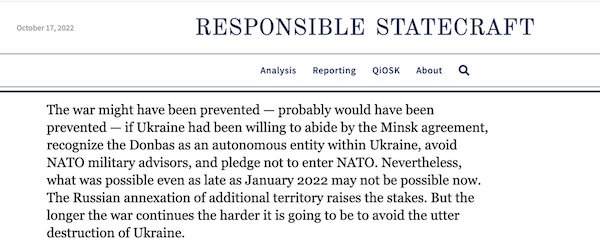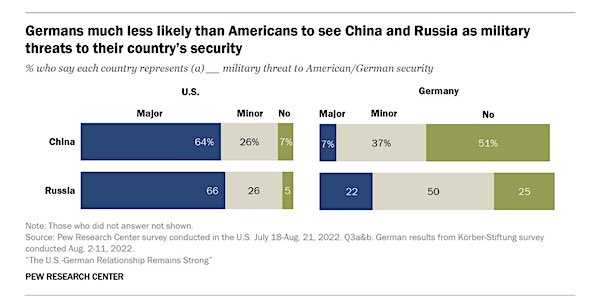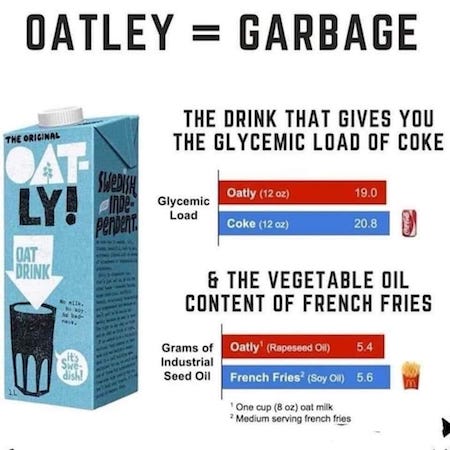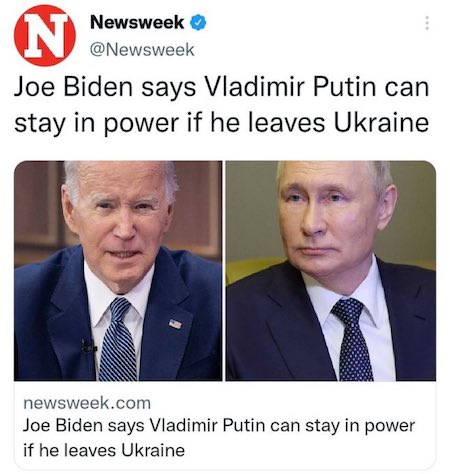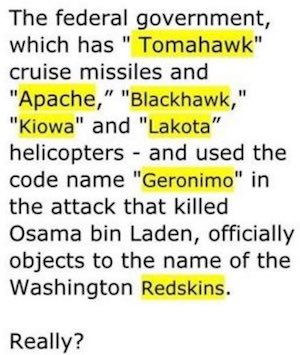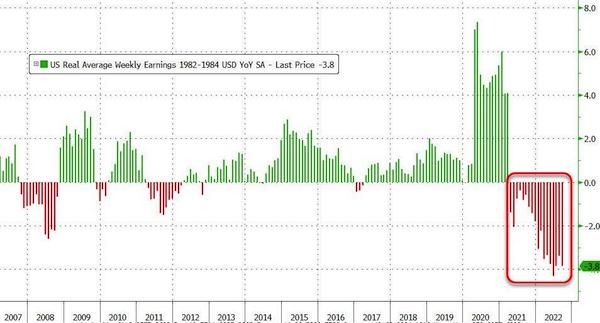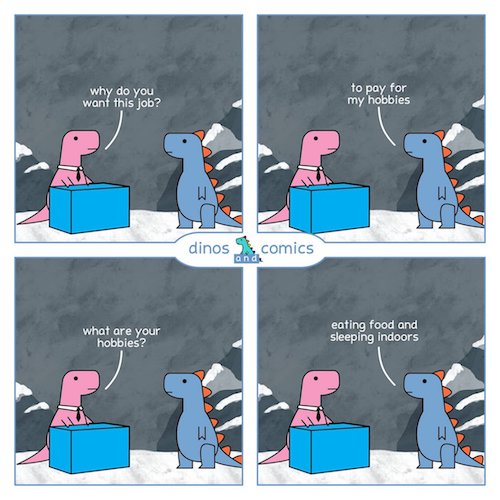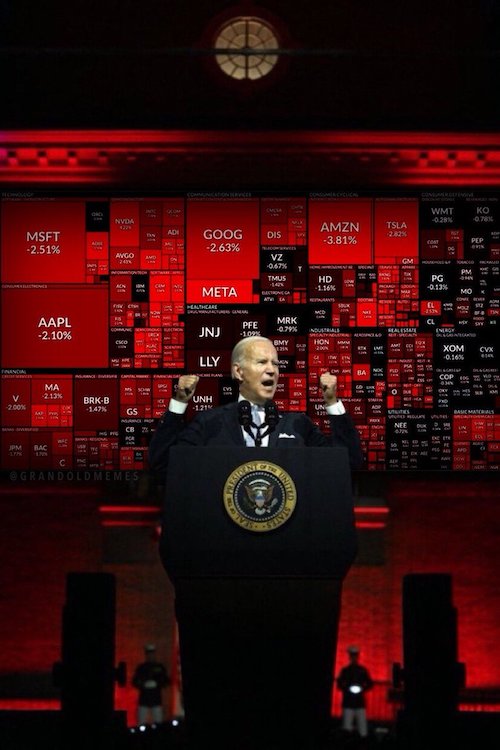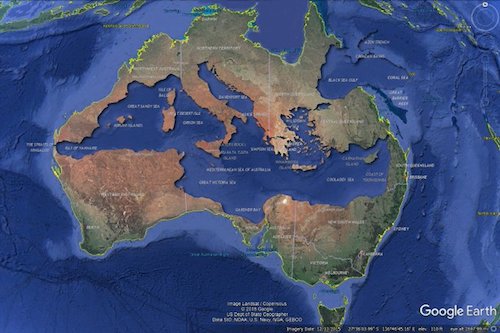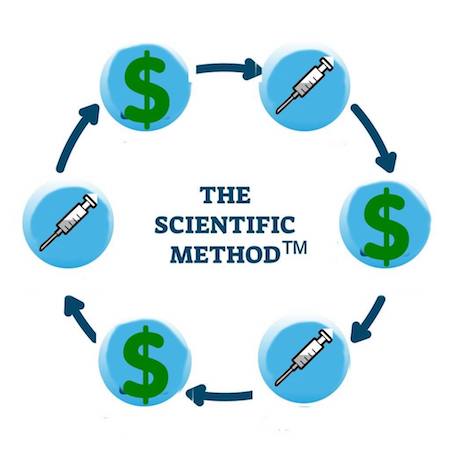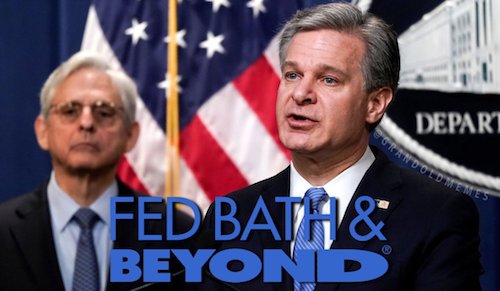
Joaquin Sorolla Passeggiata sulla spiaggia (Walk on the beach) 1909

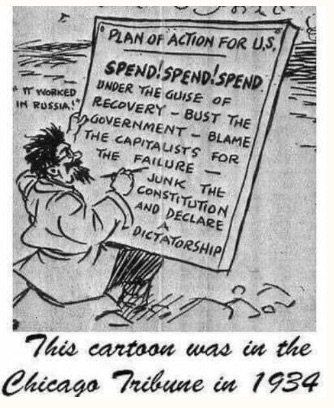

RFK peace
https://twitter.com/i/status/1671354212943290369

Durham
https://twitter.com/i/status/1671523338076798977
Matt Gaetz taking no prisoners pic.twitter.com/0N21yiRrRl
— Karli Bonne’ (@KarliBonnita) June 21, 2023

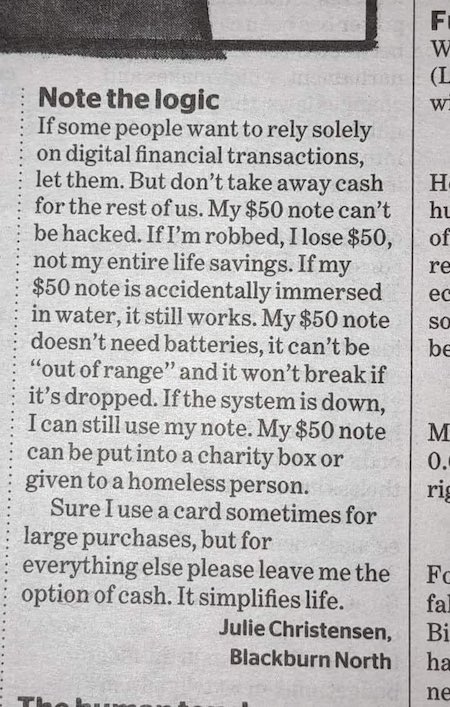

Negotiator
US can't produce as much munitions as Russia, even though US spends more than $800 billion a year on defense – Shai Assad, former Defense Department contract negotiator
Assad said the Pentagon overpays for everything from a few dollar parts to missiles and aircraft parts.
Shai… pic.twitter.com/n2hH5nPEJ1— Sprinter (@Sprinter99880) June 21, 2023


“.. that includes Leopards, French wheeled vehicles, US-made armored vehicles – everything,” the president said. “They burn quite well.”
• Ukrainian Troops Understand They Don’t Stand A Chance – Putin (TASS)
Ukraine’s troops understand that they don’t stand a chance against heroic and courageous fighters of the Russian Armed Forces, President Vladimir Putin emphasized on Wednesday. “Thanks to the courage and heroism of our fighters, thanks to the commanders’ readiness to repel any aggressive actions against Russia, I believe, the enemy doesn’t stand a chance. They understand that and this is why they have stalled now,” Putin said at the meeting with military college graduates, answering a question from reporter Pavel Zarubin. “Ukrainian forces began [the counteroffensive] on June 4, engaging strategic reserves. Curiously, we currently observe certain lull at this moment,” the president said, adding that “this is due to the enemy suffering serious casualties in personnel and in vehicles.”
According to the president, “there are individual elements of hostilities going on: shelling, reconnaissance-in-force.” “But, I repeat, there is currently no active offensive,” Putin added. Meanwhile, he noted: “As of today, we see that the enemy’s offensive potential has not been depleted yet; the enemy has reserves and it thinks where and how to use them.” Speaking about the destroyed Western vehicles, Putin underscored that these numbers keep growing. “How much – that would require a look at the numbers. The total as of last night was 245 tanks and 678 armored vehicles of various types. Of course, that includes Leopards, French wheeled vehicles, US-made armored vehicles – everything,” the president said. “They burn quite well.”

Give it up. Start negotiating.
• Counteroffensive Not Going Well – Zelensky (RT)
Ukrainian President Vladimir Zelensky has admitted that the long-promised counteroffensive against Russian forces has not delivered the results that some Western observers expected. Amid mounting losses, Zelensky insisted that he would not discuss peace with Moscow. “Some people believe this is a Hollywood movie and expect results now. It’s not,” he told the BBC on Wednesday, admitting that advances by Ukrainian troops have been “slower than desired.” “Whatever some might want, including attempts to pressure us, with all due respect, we will advance on the battlefield the way we deem best,” he added.
Ukraine’s counteroffensive began on June 4 with a failed attack on Russian positions near Donetsk, according to the Russian Defense Ministry. Wave after wave of attacks followed along the Donetsk and Zaporozhye sectors of the front line, all of which Russian forces have managed to withstand while destroying hundreds of Western-supplied tanks and armored vehicles, and thousands of Ukrainian troops, according to the ministry. While Zelensky told the BBC that his forces have managed to capture eight villages, Ukrainian troops have yet to penetrate even the first of Russia’s multi-layered defensive lines. With a warren of trenches, minefields, and fortifications in their path and Russian artillery and air support operating freely, Ukraine has lost 7,500 men and 30% of its Western-supplied tanks and armored vehicles, the Kremlin estimated last Wednesday.
Daily reports from Moscow have since added at least another 2,000 men to the casualty count, with Ukraine said to have lost over 1,000 soldiers and 20 tanks in a single day of fighting over the weekend. Zelensky is reportedly under pressure to score some battlefield successes for his Western patrons, and he acknowledged to the BBC that “victories on the battlefield are necessary” to resolve the conflict in Kiev’s favor. However, he added that “no matter how far we advance in our counteroffensive, we will not agree to a frozen conflict because that is war, that is a prospectless development for Ukraine.”
Zelensky has repeatedly vowed to drive Russian troops out of the four formerly Ukrainian regions – Donetsk, Lugansk, Kherson, and Zaporozhye – that voted last year to join Russia, as well as Crimea, which joined Russia after a referendum in 2014. American, British, and other NATO officials have backed his refusal to “freeze” the conflict, but many admit that Ukrainian forces could never hope to mount an attack on Crimea. “Behind the scenes, many Western military analysts express serious doubts about the success of the Ukrainian adventure,” Russian Foreign Intelligence Service (SVR) chief Sergey Naryshkin said on Monday. “Without going into details, I’ll say that the tasks announced by the Kiev regime are assessed as unachievable” by foreign experts, he added.

“one of the most heavily fortified defensive positions in the history of modern warfare.”
• Scott Ritter: Ukraine’s Counteroffensive Loses Momentum as Logistics Falters (Sp.)
With Ukraine’s current military condition desperate and dire, the political leadership in Kiev may be planning to target Crimea with Western-supplied HIMARS and Storm Shadow missiles, Sergey Shoigu, Russia’s defense minister, said. Speaking at the Russian Defense Ministry Board Session, he warned, the “[d]eployment of these particular missiles outside the special military operation zone will be regarded as direct involvement of the US and UK in the conflict and will result in immediate retaliatory strikes on decision-making centers in Ukraine’s territory. Scott Ritter believes that the rationale for Ukraine’s move is to provoke an intervention by the West, stressing, however, “they’ve lost this war.”
Despite a seemingly impressive army on paper, Ritter explained to Sputnik that the Ukrainian forces cannot penetrate Russia’s fortified defenses, which he describes as “one of the most heavily fortified defensive positions in the history of modern warfare.” As the Ukrainian Armed Forces falter and stand at the precipice of collapse in their counter-offensive, Ritter’s view of the Russian military stands in stark contrast, as he believes they have managed to quietly amass a significant force, maintaining a notable numerical advantage and demonstrate strategic prudence in their operations. Ritter underlined the chaotic and disorganized nature of Ukraine’s defense logistics system, asserting that large quantities of military aid are being mismanaged or lost in transit.
Furthermore, he pointed out that Ukraine has a notorious reputation for corruption, which may exacerbate the issue. According to him, accountability for this military aid is being overlooked mainly by the West due to the intensity of the ongoing conflict. A recent US media report says Ukrainian government documents show that over $800 million have been spent by Ukraine since 2022 on partially or completely unfulfilled arms supply contracts. “That’s the Ukrainian defense logistics system right now. Totally haphazard, totally chaotic. And if I were, you know, an inspector general going at it, I’d have to be honest and say, guys, we’re not going to be too strict on the accounting right now because this is war.”

“..the peace terms Russia will offer will likely be significantly worse than the peace terms it is offering Ukraine today..”
• Kiev Should Sue for Peace to Avoid Further Losses (Tsukanov)
The colloquially named ‘Surovikin Defensive Line’ has thrashed Ukrainian forces, with the Russian military reporting thousands of enemy casualties and the destruction of nearly 200 tanks and over 400 armored vehicles over the past two weeks. Named after Sergei Surovikin, the Russian general who commanded the Joint Group of Forces in the Special Military Operation Zone last fall and winter, and who was charged with the task of preparing Russian defenses for a Ukrainian counteroffensive, the Surovikin Line consists of vast networks of zigzag infantry trenches, anti-tank dragon’s teeth, berms and minefields across a frontline that stretches hundreds of kilometers. Kiev’s long-awaited counteroffensive – expected since March, began in early June, and is now widely acknowledged to have bogged down, with even senior Ukrainian officials and their Western patrons admitting in recent days that Ukrainian forces have wasted significant resources and lives probing the highly-fortified Russian defensive lines.
“The Ukrainians are yet to push deeply into Russian defensive lines,” Rainer Sachs, the former head of Estonian Foreign Intelligence who until about a month ago believed that Kiev had been successful in “creating the preconditions” for an offensive, said this week. “Russia considers it very important to hold onto the southern part of the front, so more defensive lines have been built there,” the intelligence analyst said. The term ‘Surovikin Line’ is actually a product of Western tabloid media, and was originally used to mock Russia’s military preparations, and dismissed as “grandiosely senseless” and “completely insane in terms of uselessness – but wildly expensive in terms of execution cost.” The past weeks have proven otherwise, with President Putin announcing late last week that despite some local gains, Ukrainian forces failed to penetrate even the first layer of the network of defensive lines anywhere along the front, instead becoming trapped and facing horrendous casualties.
“US intelligence had predicted only modest territorial gains for the Ukrainian spring offensive because Russian defensive preparations have been so extensive,” former US Army combat arms and HQ staff officer David T. Pyne told Sputnik. Citing reports that Ukrainian troops have taken ten times more casualties and lost three times more tanks than Russian forces in the past two weeks, Pyne said that “the longer the counteroffensive continues, the heavier Ukrainian casualties will be and the more vulnerable Ukraine will be to a Russian counteroffensive that could enable Russia to take control over western Donetsk [Region] and perhaps Kharkov [Region] as well.” If that happens, Pyne said, “the peace terms Russia will offer will likely be significantly worse than the peace terms it is offering Ukraine today.” Accordingly, he said, “Western leaders must face the reality that there is no chance Ukraine can defeat Russia and therefore we must negotiate the best deal for Ukraine we can get without further delay.”

“Russia’s nuclear triad allows for effective and guaranteed strategic deterrence and maintains the global balance of power..”
• Putin: Half Of Strategic Missile Units Rearmed With Hypersonic Systems (TASS)
About half of the units of Russia’s Strategic Missile Force have been equipped with the latest Yars missile systems and are being rearmed with modern Avangard warheads, Russian President Vladimir Putin said. “About half of the Strategic Missile Force units are now equipped with the latest Yars systems. Rearmament with modern missile systems carrying Avangard hypersonic warheads is in progress,” Putin said at a meeting with graduates of military academies on Wednesday. He stressed that the strengthening and development of the army and reliable security of the country had always been and remained an unconditional priority.
“In light of the new challenges and invaluable experience of the special military operation we will continue to improve the Armed Forces in every possible way,” he said, adding that the most important task here was to develop the nuclear triad as the key guarantee of Russia’s military security and global stability. Putin also announced that new Sarmat missile launchers would enter duty soon. “In the near future, the first launchers of the Sarmat complex with a new heavy missile will be put on combat duty,” he said. “The arsenals of aviation and naval components of strategic nuclear forces are being replenished in strict accordance with the timetable,” he stressed.
In particular, he noted, the lead submarine of the Borey-A project had been commissioned and in January 2023 the frigate Admiral Gorshkov left base on a combat duty mission. Putin stressed that this ship was designed to perform tasks in the blue water zones and carried the newest hypersonic missiles Tsirkon. “Russia’s nuclear triad allows for effective and guaranteed strategic deterrence and maintains the global balance of power,” Putin concluded, adding that it was an embodiment of many years of tremendous efforts by domestic enterprises, design bureaus, workers, engineers and military and civilian specialists.

The future is hypersonic.
• Putin Reveals Future Of Russian Armed Forces (RT)
Strengthening the armed forces is one of Russia’s top priorities, President Vladimir Putin said at a meeting with graduates of military academies in Moscow on Wednesday. The nation’s military will evolve on the basis of the “priceless experience” provided by the ongoing military operation in Ukraine, as well as the modern challenges Russia is facing, he added. Russia’s nuclear triad will remain a focus of the military development efforts, Putin said, adding that it remains “a key guarantee of Russia’s military security and global stability.” Around half of Russia’s strategic land-based missile units have already been equipped with state-of-the-art Yars missiles – some of Russia’s most modern nuclear intercontinental ballistic missiles, Putin revealed.
The troops also continue to receive the hypersonic Avangard gliders, the president said. Such systems are fitted on silo-based ICBMs. The military will also be further supplied with hypersonic anti-ship Zircon missiles, to be used by the Navy, as well as air-launched Kinzhal hypersonic missiles. New Sarmat heavy intercontinental ballistic missiles are also about to enter combat duty, Putin added. The modernization will not be limited to nuclear weapons only, the president explained. Heavy armor, air defense systems, and the production of drones will all be upgraded, he said. “We have yet to do much for a quality upgrade of all parts of our Armed Forces,” Putin said, adding that Russia “is delivering on those plans to the fullest.” The Russian defense industries in particular are expected to “boost mass production” of drones and “robotized strike systems” that have “demonstrated good results in combat,” the president said. According to Putin, every Russian military unit down to a platoon should be equipped with such systems.
His words came a day after Russian Foreign Minister Sergey Lavrov said that Moscow is potentially ready for a conflict with NATO if the military bloc decides to attack Russia. “Well, let them fight, we are ready for this,” he said. Putin has described the conflict in Ukraine as a hybrid war between Russia and “the entire Western military machine.” The statements came amid the continued Ukrainian offensive, which was launched earlier in June. The operation had been touted by Ukrainian and Western officials for several months but has so far failed to yield any major results. According to the Russian Defense Ministry, Kiev’s troops have suffered heavy casualties in their attacks on Russian positions. NATO chief Jens Stoltenberg also described the Russian defense as “well prepared.”

”Don’t rule out an insurrection in Ukraine if war deaths become unsustainable for the society.”
• Biden Walks Back On Ukraine’s NATO Accession (Bhadrakumar)
Biden’s remark on Saturday that the US is “not going to make it easy” for Ukraine to join the NATO can only be seen as a retrogressive journey into the past. Biden underscored that Ukraine will be required to meet the “same standards” as any other member of the bloc, implying that Ukraine must conform to the so-called Membership Action Plan or MAP, which requires a candidate nation to make military and democratic reforms, with NATO’s advice and assistance, before a determination of membership can be made. The MAP process can take years. Macedonia took 21 years. Biden’s remark is not only a signal to Kiev but comes at a time when there is a groundswell of opinion within the alliance that Europe and the US must provide Ukraine clear-cut NATO security guarantees, which is important for the future of European security.
In fact, Biden spoke only 4 days after meeting with Jens Stoltenberg, NATO secretary-general, at the White House last Tuesday, where, reportedly, the latter sought to simplify the accession process for Ukraine on the plea that Kiev had already made significant progress toward membership. What prompted Biden to take a hard line? Poland’s President Andrzej Duda declared, in the run-up to his talks in Paris on June 12 with France’s President Emmanuel Macron and German Chancellor Olaf Scholz in the Weimar Triangle format, that Ukraine would like to have “a very concrete perspective … of joining the North Atlantic Alliance.” Duda hoped that the NATO summit in Vilnius will “send a positive message to Kiev, …that Ukraine’s future membership in NATO is clearly visible.”
Apparently, there was consensus amongst the Weimar Triangle members also that Ukraine should receive security guarantees. Scholz declared: “It is evident that we need something like this, and we need it in a very concrete form.” Macron endorsed, calling for a rapid agreement on “tangible and credible security guarantees.” Indeed, there have been threatening noises too that if there is no concretisation on Ukraine’s membership in Vilnius, some of the “hardcore” allies may take things into their own hands, and the renegade undertaking – at the national level –- could also include stationing of troops from NATO members in Ukraine. Now, Biden has ignored these demands from Old and New Europeans. He is confident he can shift the goal post. Maybe, Macron and Scholz are only playing to the gallery? We may never know.
The heart of the matter is that Biden realises that the ongoing Ukrainian offensive is heading for a train crash and the decimation of Kiev’s remaining army. It is uncertain how long Kiev will be able to recruit enough soldiers. The two figures whom Washington had groomed for precisely the sort of Plan B in Kiev that it needs now — commander of the armed forces Gen. Valeri Zaluzhny and spy chief Maj. Gen. Kyrylo Budanov — are out of reckoning, having been put out of action summarily by recent Russian missile strikes. Don’t rule out an insurrection in Ukraine if war deaths become unsustainable for the society. Biden also sees that there is continuously shrinking approval in America for his war policy, which could possibly endanger his re-election. Biden pointed out to Ukrainian President Vladimir Zelensky during his last visit to Kiev that the funds that Washington could provide were limited. And CIA chief William Burns separately left a message with Zelensky that continued American military assistance beyond July is problematic.

“acute deficit of mutual trust.”
• Moscow Issues Warning Over ‘Nuclear Winter’ (RT)
Global arms control is mired in an unprecedented crisis, triggered primarily by the actions of the West, Russian Deputy Foreign Minister Sergey Ryabkov claimed on Tuesday. Speaking at the PIR Center, a Russian think tank specializing in nuclear non-proliferation, Ryabkov argued that the issue had been building for some time, and had been exacerbated by US and Western attempts to “actively use coercion and violence in unsuccessful attempts to strengthen their global positions.” Those actions could be exemplified by the bombing campaign against the former Yugoslavia, the US invasion of Iraq, and NATO’s “destabilizing” eastward expansion, the diplomat said.
At the same time, Washington and NATO “categorically refused” Russia’s proposals to create a comprehensive security framework in Europe, Ryabkov insisted. Instead, they embraced a course seeking to “deliberately and maliciously” fan the Ukraine conflict and inflict a “strategic defeat” on Moscow – all of which affected areas of contact with the West, including regarding arms control, he added. According to the diplomat, the problem could potentially be remedied by dialogue between the US and Russia, which hold the largest nuclear arsenals on the planet. “However, that’s all in theory. In practice… Washington is clearly not ready to revise its destructive course seeking to undermine our security. And how long such a ‘frosty winter’ in this field will last is anyone’s guess. This is not fatal in itself, as long as it doesn’t spiral into a nuclear winter!”
Ryabkov said that Moscow had noted Washington’s proposal to discuss arms control separately from other issues in bilateral relations. However, by endorsing this “compartmentalization,” the US wants to push the red lines even further in a bid to undermine Russia’s national security, the diplomat claimed. Against this backdrop, arms control talks are unlikely to be productive unless the US and the West “dramatically change their aggressive anti-Russia policies,” Rybakov argued. In early June, US National Security Advisor Jake Sullivan said Washington was ready to engage in arms control discussions with Russia and China “without preconditions.” Kremlin Press Secretary Dmitry Peskov welcomed the suggestion, but noted that Moscow should understand the specifics of the proposals, which he said came at a time of an “acute deficit of mutual trust.”

You don’t know what Ukraine will look like “after the conflict is over”.
• France Has NATO-for-Truce Plan For Ukraine – Media (RT)
The French government may attempt to lure Kiev to the negotiating table with Russia by offering support for Ukraine’s accession to NATO after the conflict is over, French media reports. According to Le Monde, this approach was discussed at the Elysee Palace on Monday last week by the French Defense Council. The hope is that if Ukraine joins the US-led military bloc, this would deter further hostilities, according to the report on Tuesday. A military source told the newspaper that the French position is “closer to that of Poland than that of Germany.” Russia considers NATO a hostile organization and has called attempts to include Ukraine in the bloc a ‘red line’ for national security.
Moscow launched its military operation in the neighboring country last year after NATO members refused to discuss its security concerns. The organization was quietly absorbing Ukraine without formally including it, Russian officials claimed. The deliberations in Paris come ahead of a summit of NATO leaders which will take place in Lithuania next month. Last week, US President Joe Biden poured cold water on hopes that Ukraine’s candidacy would be fast-tracked. He stated that the country would have to meet the same standards as everyone else and that “we are not going to make it easy.” The Biden administration is reportedly siding with the cautious German position rather than with Poland and other countries which want to see a swift roadmap for Ukraine to join NATO.
According to the New York Times, Kiev may instead receive an upgrade of relations with the bloc to the council level – the same that Russia once had – and a pledge of continued arms supplies. Kiev demands the full withdrawal of Russian troops from territory that Ukraine claims before any peace talks. A ‘peace plan’ promoted by Ukrainian President Vladimir Zelensky demands this, as well as reparations and other concessions. Moscow has rejected the proposal, calling it detached from reality.

And then Biden calls Xi a dictator…
• Pressure on US Dollar, Debt Drove Blinken Effort to Mend Ties With China (Sp.)
Secretary of State Antony Blinken likely sought to stabilize relations with Beijing because Washington has begun to feel pressure from China’s withdrawal of support for the dollar and the enormous US government deficit, analysts told Sputnik. From June 18-19, Blinken visited China for talks with President Xi Jinping, Director of the CCP Central Foreign Affairs Office Wang Yi and other senior officials. During the trip, the secretary highlighted the importance of maintaining open channels of communication and made clear that the United States will responsibly manage the competition so that the relationship does not veer into conflict. “The United States is feeling itself squeezed and probably needs to make nice with China,” Krainer Analytics founder Alex Krainer told Sputnik.
“The United States has painted itself into a corner with China: they want to do their usual destabilization/regime change thing, except China is still the second largest creditor the United States has, and it has been getting rid of the US debt quite aggressively over the last two years.” Now China and Russia are increasingly shifting to national currencies in their trade and that could lead to many other nations abandoning the dollar and triggering a huge financial crisis in the United States, Krainer warned. “If they [the Chinese] continue to dump US treasuries, they could depress its price, push interest rates higher and trigger a selling stampede by other nations as well. This is one of the biggest risks that the United States is facing,” he said.
Independent Institute Center for Peace & Liberty President Ivan Eland believes that Blinken’s trip was meant to stop the relationship between Washington and Beijing from deteriorating even further. “The Biden administration was concerned that US relations with China were sinking to dangerous levels. His meeting with Xi, itself noteworthy, did not produce many tangible breakthroughs but did seem to stop the free fall in bilateral ties,” he said. A mild thaw in relations could set in, but there are still no indications of any major progress on defusing potential sources of serious hostilities, Eland cautioned. “It is likely now that US-Chinese economic relations will get better. However, [there is] still no Chinese agreement for military-to-military ties improving – including deconfliction of military operations,” he said.

The essence:
“He will plead to a couple of misdemeanors on tax violations without addressing how he actually made this money..”
• The Hunter Biden ‘Controlled Demolition’ is Complete (Turley)
The House Oversight Committee has documented potentially millions in financial transfers from foreign sources to Biden family members. The labyrinth of LLC corporations and accounts used for the transfers seems designed to evade detection. Indeed, allegations from a trusted FBI source referenced payments that were being made to the Bidens without directly involving “the big guy.” That was the name allegedly used for President Biden after associates insisted that no one should use his name. Attorney General Merrick Garland took the most important step in pulling off the controlled demolition by steadfastly refusing to appoint a special counsel. Such an appointment would allow the release of a report that would detail the alleged corrupt practices of the Biden family and the knowledge and involvement of the president. It is the essential framing used in demolition to avoid broad blast effects.
The second key is the charge. In buildings, you have to use just enough explosives to take out supports to collapse the structure in on itself. In scandals, it comes down to the criminal charges. You need an assortment of minor charges to suggest equal justice without anything large enough to cause collateral damage to others. It also has to be minor enough to get Hunter to take one for the team. The Hunter plea is the perfect charge load for the scandal. He will plead to a couple of misdemeanors on tax violations without addressing how he actually made this money. The gun charge looks like a serious threat for incarceration, but it is little more than a phantom felony count under which Hunter will be allowed to go into a diversion program and ultimately negate the violation.
The problem for those seeking to drop this scandal in a confined fashion is that the House GOP is now investigating the influence-peddling scandal. The Democrats’ loss of the House in 2022 was a huge blow to the Biden team and, when the new Congress was sworn in, it was essential to enter a plea deal before the release of more serious evidence. In May, I called it a “capstone plea” to make it more difficult for the Justice Department to be pressured into stronger action. The House will push ahead, but the media has already imposed another blackout on coverage. The challenge for the White House is that this plea could come at a tactical cost. If this is the end of the Hunter Biden investigation, the Justice Department and FBI will have a more difficult time withholding evidence on the basis of an “ongoing investigation.” That is why it is a bit suspicious to see U.S. Attorney David Weiss state that that there is an “ongoing investigation.”

Curious.
• Economic Cutbacks Making British Kids Shorter (RT)
British five-year-olds who grew up in the era of austerity are shorter than their peers in other developed nations by as much as 7cm (2.76in), according to data from the Non-Communicable Diseases Risk Factor Collaboration published by The Times on Tuesday. Since 1985, when British boys and girls both ranked 69 for average height at five years out of 200 listed countries, their ranking has plummeted dramatically – to 102 for boys and 96 for girls, putting them behind countries as diverse as Canada, Kyrgyzstan, and Cuba. Comparing the numbers to data on 19-year-olds, Professor Tim Cole of University College London’s Great Ormond Street Institute of Child Health suggested to The Times that growing up in the 2010s “period of austerity” was what “clobbered the height of children in the UK.” The height of British five-year-olds peaked in 2011 at 112.8cm (44.4in) and has been falling ever since, the statistics show.
Because height is affected not just by quality and quantity of food but also stress, poverty, illness, and even sleep quality, Cole argued it is a uniquely “sensitive” indicator of living conditions. “It’s quite clear we are falling behind, relative to Europe,” he said. “In modern Britain, the way we eat is one of the clearest markers of inequality,” former UK government food adviser Henry Dimbleby told The Times, pointing out that “children in the poorest areas of England are both fatter and significantly shorter than those in the richest areas at age ten to eleven.” Family doctors in low-income areas have reported an “extraordinary” surge in the kind of nutritional-deficiency-borne diseases prevalent during Victorian times, Dimbleby explained. According to NHS data, 700 children are admitted to English hospitals every year with rickets, scurvy, or other forms of malnutrition, while nutrition charity The Food Foundation has found higher rates of type 2 diabetes and dental decay as well as obesity in poorer children.
“A diet of cheap junk food has the peculiar quality that it can make you simultaneously overweight and undernourished.” It is not just European countries like the Netherlands and Lithuania which outperform Britain. According to the study, China and North Korea both raise taller five-year-olds than the UK. Even five-year-olds in Libya – born and raised after the NATO bombing campaign that helped to overthrow their government and turn the country into a failed state – are taller (boys) or as tall (girls) compared to their British counterparts. Austerity has been linked to a host of socioeconomic problems in the UK, from soaring inequality to declining educational achievement. While supporters argue the program enacted in the wake of the 2008 financial crisis was necessary to rescue a floundering economy, critics have countered that the damage done outweighs any benefits.

Not enough.
• House Votes to Censure Rep. Adam Schiff (ET)
The House of Representatives voted to censure Rep. Adam Schiff (D-Calif.) on June 21, a week after an initial resolution to do so was tabled. The measure passed along party lines on a vote of 213–209. Six Republicans voted “present.” The resolution, introduced by Rep. Anna Paulina Luna (R-Fla.), denounces Schiff, a Democrat, for allegedly perpetuating misinformation against former President Donald Trump. With the passing of the resolution, Schiff has been referred to the House Ethics Committee for investigation. The resolution was privileged and therefore triggered a House vote. In last week’s vote, 20 Republicans joined 205 Democrats to table the initial resolution.
The revised resolution was similar to the initial one, with the notable difference being that it doesn’t include a $16 million fine for Schiff should he be held accountable by the House Ethics Committee for his alleged “falsehoods, misrepresentations, and abuses of sensitive information.” The proposed $16 million fine is half of the taxpayer cost of special counsel Robert Mueller’s investigation. The new resolution, like the tabled one, condemns Schiff, the former chairman of the House Intelligence Committee, for perpetuating the notion there was collusion between Trump’s 2016 campaign and Russia. That was debunked by Mueller in 2019, Department of Justice Inspector General Michael Horowitz later the same year, and special counsel John Durham in May. Durham testified on June 20 at a closed-door hearing before the House Intelligence Committee and also gave testimony in a public hearing on June 21 in front of the House Judiciary Committee.
Additionally, the new resolution didn’t state that “Schiff used his position and access to sensitive information to instigate a fraudulently based investigation, which he then used to amass political gain and fundraising dollars.” House Speaker Kevin McCarthy (R-Calif.) gave credence on June 15 to the 20 House Republicans that joined Democrats in tabling the initial resolution. “I think everybody knows my thoughts of Adam Schiff,” McCarthy told The Epoch Times. “That’s why I removed him from [the House Intelligence Committee]. … You have a number of members on principle that sat and argued for the last four years with President [Donald] Trump that you had to have due process and voted that way. And I think a number of them believe that they should [have] gone to [the House Ethics Committee] first.”
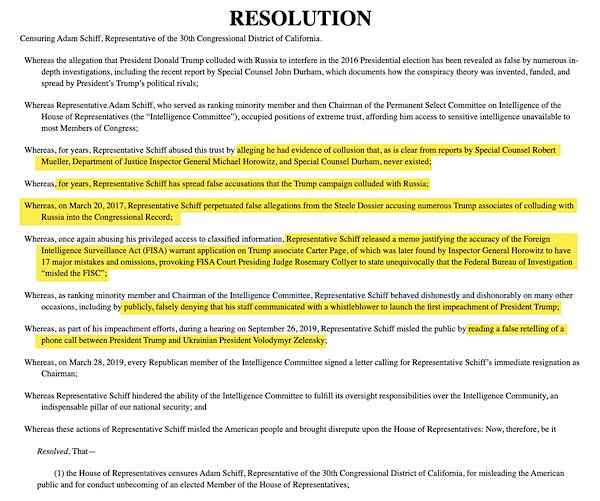

Very disappointing. 5 years?!
How many of these half-assed investigations, include also Hunter Biden, can the country take?
• Durham: FBI Overlooked Intel Clinton Masterminded Plot To Smear Trump (JTN)
Former special counsel John Durham testified Wednesday that the FBI overlooked intelligence that Hillary Clinton had approved a plan to smear former President Donald Trump with Russia allegations and treated the two campaigns disparately during the 2016 election. Durham confirmed that the CIA had received intelligence about Clinton approving a plan to make Russia allegations against Trump as a means of distracting from her classified email scandal. The prosecutor said the FBI did not “sufficiently scrutinize information it received” and did not “apply the same standards to allegations it received about the Clinton and Trump campaigns.” “The FBI was too willing to accept and use politically funded and uncorroborated opposition research, such as the Steele dossier,” he said during the House Judiciary Committee hearing.
“The FBI relied on the dossier and FISA applications, knowing there was likely material originating from a political campaign or political opponent.” He told the House panel that “it’s going to take time to rebuild the public’s confidence in the institution” of the FBI after the agency’s handling of the so-called Russia collusion probe. Durham, appointed as a Justice Department special counsel in 2020 to investigate the matter, has said there was no evidence of collusion between the 2016 Trump presidential campaign and Russian intelligence officials when the FBI probe was launched. “There were some individuals who clearly expressed a personal bias” against Trump, Durham told the committee, following the release in May of his final report on the now-discredited Russian collusion probe.
Under questioning from House Judiciary Committee Chairman Jim Jordan, Durham said former FBI Director Jim Comey withheld a referral memorandum from the agents working the Crossfire Hurricane case that contained information about then-Democratic presidential candidate Hillary Clinton’s attempts to tie Trump to Russia. The memo contained intelligence from a high-level briefing with Director of the Central Intelligence Agency John Brennan. Durham testified that then-President Obama, then-Vice President Joe Biden and then-Attorney General Loretta Lynch received the same briefing from Brennan. “They kept key intelligence from the investigators. This is how bad this investigation was but here’s the scary part: I don’t think anything has changed,” Jordan said.
John Durham Report Hearing:
They ALL knew that Hillary Clinton's foreign policy advisor manufactured a fake scandal to falsely tie Donald Trump to Russia. This was never given to the FISA court…
Barack Obama knew.
Joe Biden knew.
James Comey knew.
Loretta Lynch knew. pic.twitter.com/hSWEhAtXLf
— Gain of Fauci (@DschlopesIsBack) June 21, 2023


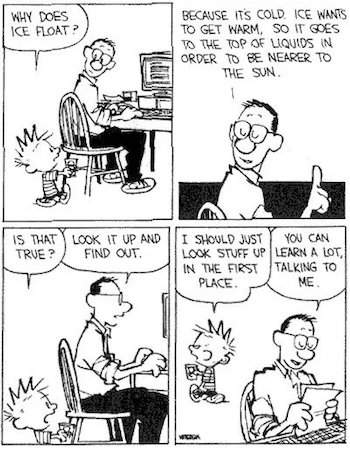

Duck
Just a man and his duck. pic.twitter.com/7NNKYSfCVk
— B&S (@_B___S) June 21, 2023

Cat
The Pallas's cat, (Otocolobus manul),
inhabits the steppes and grasslands of Central Asia, including regions like Mongolia, Siberia, Tibet, and Kazakhstan
first described in 1776 by Peter Simon Pallas observed by Lake Baikal.pic.twitter.com/LHhHkdo1gM
— Science girl (@gunsnrosesgirl3) June 22, 2023

Tire dog
— Nature is Amazing ☘️ (@AMAZlNGNATURE) June 21, 2023


Support the Automatic Earth in virustime with Paypal, Bitcoin and Patreon.





